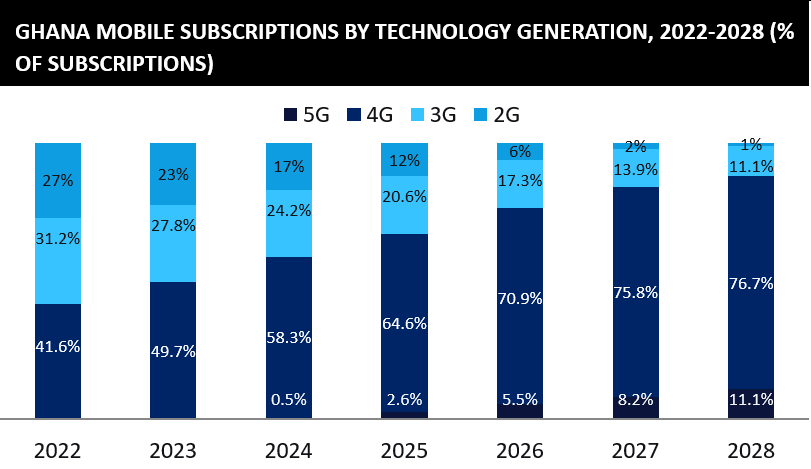
At this year’s MWC 2019 in Barcelona, the tech industry was well serviced by operators focusing on 5G: with build-out plans, service trials, 5G devices, demos of augmented and virtual reality applications, AI-powered use cases and self-driving cars.
As expected, leading infrastructure vendors including Huawei, Nokia, Ericsson, and Cisco were touting 5G deals with leading operators, and showcasing technology enhancements to support new 5G-powered applications.
4G LTE and beyond
But far less in the spotlight, but by no means less important, were announcements by operators on existing services such as 4G LTE and Internet of Things/low-power wide-area network (IoT/LPWANs) and others that signal some fundamental industry shifts.
For example, Telefonica and Microsoft joined forces to design the “telco of the future”, AT&T and Vodafone Business unveiled their collaboration on a connected car for seamless connectivity throughout their footprints, Vodafone and Arm designed embedded chipsets to eliminate the need for SIMs in connected devices, and a collaboration was announced between European operators under the auspices of the GSMA to facilitate data portability without compromising privacy. These various collaborations signify key steps that are necessary in order to succeed in the 5G era.
Key provider collaborations
They focus on: collaboration among operators to support not only their own aims to take advantage of 5G technology but the industry as a whole, enhancements to simplify the fragmented internet supplier ecosystem to support the coming wave of “massive” numbers of connected devices, operators undergoing internal digital transformation initiatives, leveraging technologies such as AI and blockchain to support internal operations as well as customer experience requirements and supply chain enhancements.
Each operator listed below issued a number of public announcements, but they were also actively participating in keynotes and panels, and showcasing new technologies and applications at their booths.
How well do you really know your competitors?
Access the most comprehensive Company Profiles on the market, powered by GlobalData. Save hours of research. Gain competitive edge.

Thank you!
Your download email will arrive shortly
Not ready to buy yet? Download a free sample
We are confident about the unique quality of our Company Profiles. However, we want you to make the most beneficial decision for your business, so we offer a free sample that you can download by submitting the below form
By GlobalData• AT&T made eight announcements during the first three days of the show which ranged from solutions for automotive, retail and healthcare environments, to enhancements to LTE-M connectivity and management, security monitoring for first responders, 5G-powered Interactive VR trials at its Foundry, network edge computing tests with Microsoft and data plans for Airstream travel trailers.
• Vodafone’s announcements expand its geographical reach in the connected car market via an alliance with AT&T, while an alliance with Arm points to potentially significant enhancements in programmable chipsets that could significantly change the market (especially if other chipset vendors follow suit).
• Telefonica focused on the future – rather than make service or customer announcements, it noted longer-term issues it is working on with partners such as Microsoft, as well as with other operators to determine data portability policies. It also discussed network enhancements it is implementing to take advantage of virtualisation, edge computing and converged access networks.
• Verizon made a number of announcements regarding upcoming 2019 5G plans as well as a new collaboration with Cisco to support 5G devices via Cisco’s SD-WAN platform. It also disclosed details about its 5G vision as well as its vision for the entire Verizon Business solutions stack at an investor conference the week before MWC.
• Sprint announced launch plans for 5G as well as a number of new partnerships for both internet and future 5G services. While the merger with T-Mobile is clearly an essential part of its ability to succeed in these projects on a long-term basis, the announcements stand on their own.
• Deutsche Telekom launched what it described as the first 5G-ready campus network for the industry, forged a memorandum of understanding with South Korea to combine forces in areas such as LTE, 5G OTT Media, Security and Cloud, and demoed a prototype with T-Mobile Austria that uses OneM2M software standards for equipment interoperability on NB-IoT networks.
The diversity of operator announcements at MWC shows that while 5G is a major focus for all operators, 4G enhancements, new internet use cases and technologies, edge computing trials, alliances between operators, new partnerships with technology companies, and new services and customer wins are also news-worthy.
After all, 5G is not really here yet (or at least it is not yet here in a standardised form, with widespread coverage or extensive device portfolios), while mobile operators are clearly busily providing a wealth of services to enterprise customers over their 4G networks, and LPWANS are stimulating the internet opportunity.






Related Company Profiles
Telefonica SA
Deutsche Telekom AG
Nokia Corp
Microsoft Corp